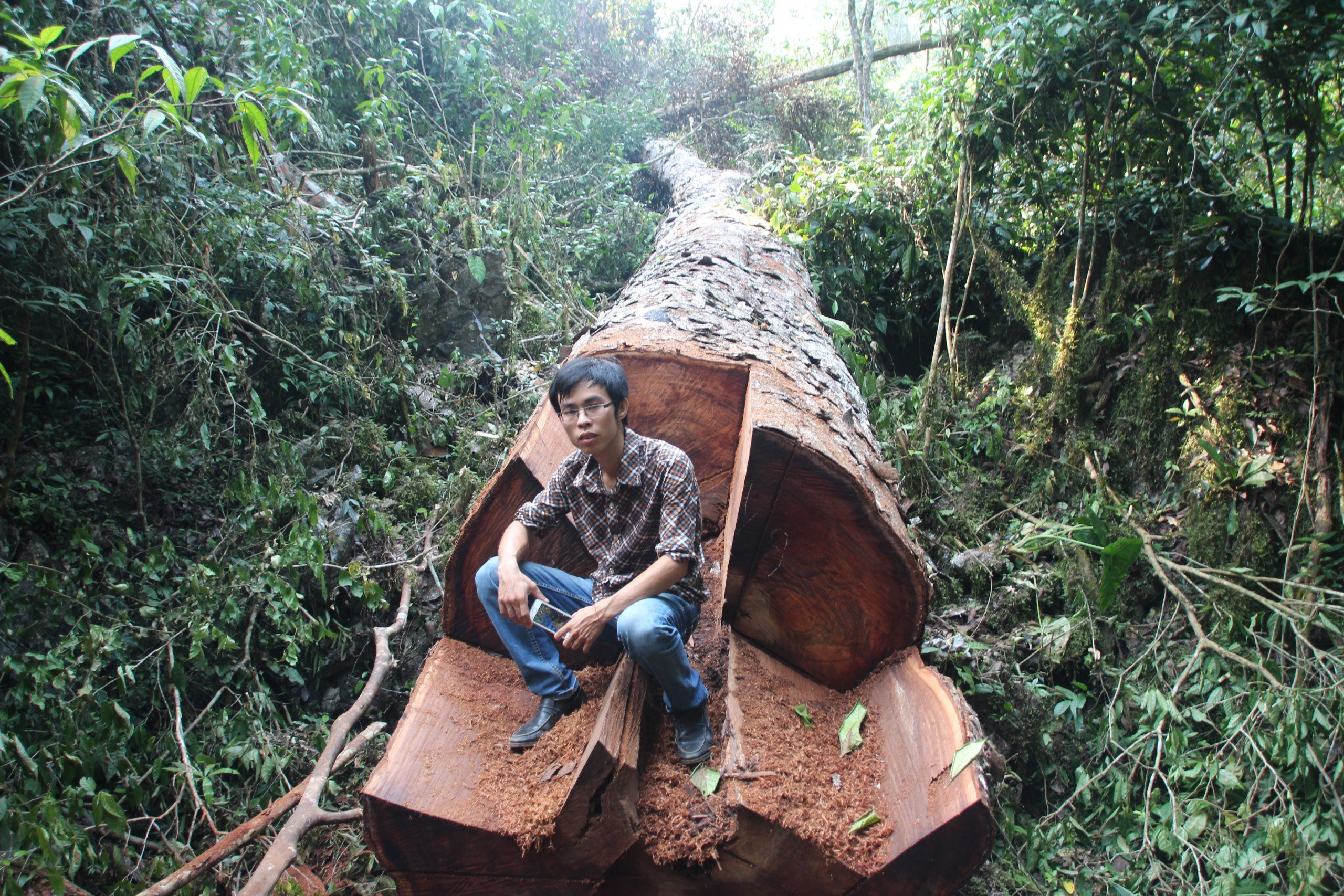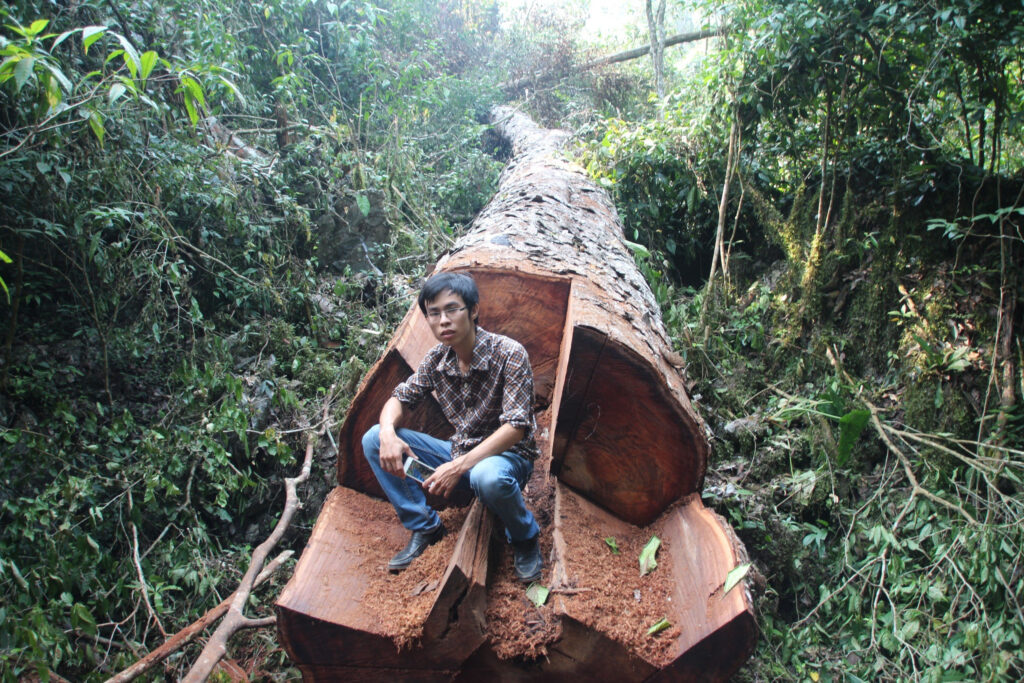Tucked away in the highlands of Hà Giang, the small…

Award-winning journalist exposes wildlife traffickers, polluters in forests
As the writer of reports winning high prizes at competitions, Hoang Van Chien*, born in 1988, has experienced many hardships to become a journalist aiming to protect wildlife named in the Red Book.

Before becoming a journalist at Dan Viet newspaper, where he conducted investigative reports about wildlife trafficking and green protection, Chien worked at PanNature, a Vietnamese non-profit center for conserving nature and protecting the environment.
“Previously, my major task was organizing business trips for journalists who wrote articles about natural resources protection. Later, I wrote articles with the same topic for some well known newspapers. When many articles were published, I decided to become a professional journalist,” Chien said.
“The previous job was my passion, while writing articles is my aspiration,” he said.
“The more you travel, the more articles you write, the more topics will you find” is the principle of Chien, who believes that he needs to go to further remote areas to hunt for news.
In his series of five reports ‘Loi man tra trong cac rung nghien khong lo’ (The deceitful words in the giant iron-wood forests), Chien and his co-workers describe the situation of iron wood forests and ring the alarm bell over the trafficking of precious wood and timber.
Guarding forests
Every day, Chien travels to different cities and provinces to expose the tactics to slaughter wild animals.
“Humans are devastating nature and slaughtering animals,” he said. Elephant tusks, tiger skin, bear limbs, monkey bile and crocodile skin are still widely consumed in the food, fashion and cosmetics industries.
Chien said in order to collect materials for the series of five articles, which won first prize in the VIEWS Awards for writers, he and his co-workers spent one year to conduct investigations alongside Highway 7 in Nghe An province.
They entered wildlife traffickers’ dens, visited restaurants and entered the cages which put tigers in captivity under buildings to witness and record the terrible actions by traffickers and butchers.
The investigative reports resulted in the confiscation of 24 tigers and four pangolins. Many animals were saved and released to nature.
Chien said exposing many illegal cases to court and minimizing harm to the natural environment motivates him to continue the tireless journey of seeking truth in the deep jungle.
Hoang Van Chien worked as PanNature’s communication officer from 2010 to 2020.



